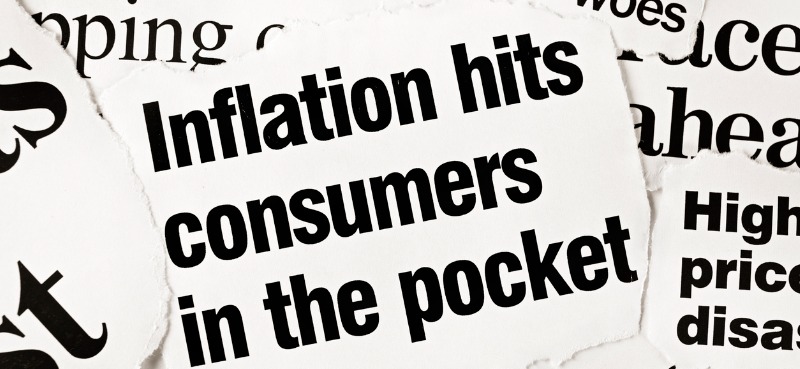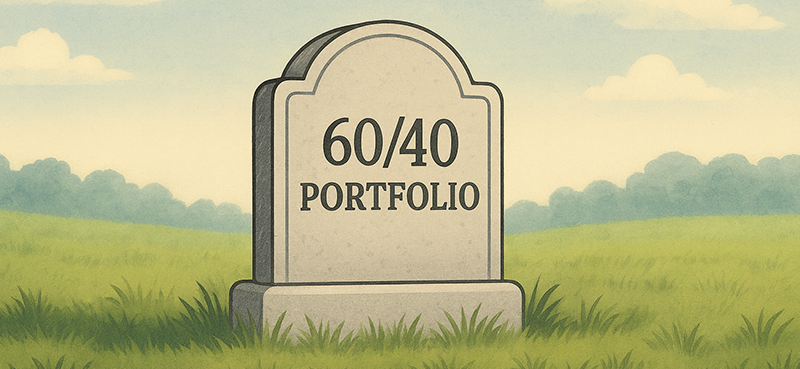The market is in trouble.
Inflation is hot, and the Fed is on the warpath to crush it.
The optimistic “buy the dip” sentiment of 2021 has been replaced by a bearish “sell the rally” attitude.
Even consumer staples aren’t safe… having fallen 6.4% on Wednesday alone.
But this isn’t the time to despair…
Long-term investors know that the best bargains can be found during selloffs. And if a stock pays steady dividends, even better.
A strong income stock might not make you rich right away… but it will help you build wealth year after year—especially if you reinvest the dividends.
The principle behind a dividend reinvestment strategy is simple: If you don’t need the cash right away, you use it to buy more of the same stock… and create a slightly larger position. That means the next time the dividend is due, you’ll get a slightly higher payout.
Repeat for as long as you don’t need income—or for as long as you’re willing to hold the stock—and your position will grow faster over time, without much effort on your part.
But here’s the best part: This simple strategy has a built-in mechanism that lets you take advantage of the market’s ups and downs—automatically.
When you reinvest dividends in a falling market, the same dollar amount will buy you more shares than in a rising market—after all, the stock price is lower.
In other words, you’re able to grow your position more quickly in a downturn… thereby entitling you to even more dividends—and greater compounding power.
Let’s look at Merck (MRK), a leading Big Pharma company, as an example of how this process works…
Merck has been around for well over a century… Yet it’s been left for dead by the market at various points over the past 22 years—as you can see from the chart below.

Merck has performed poorly during recessions (the gray-shaded areas on the chart)… But as you can see, not all of its declines have been related to market weakness.
You might remember the Vioxx debacle…
Back in 2005, Merck was fighting a legal battle over Vioxx, one of its biggest drugs at the time. The arthritis treatment ended up being linked to heart attacks and strokes—and was pulled from the market.
This cost the company $2.5 billion in annual revenue… And it cost its shareholders, too: From MRK’s November 2000 high to its 2004 lows, the stock lost almost 70% of its value.
Merck embraced a turnaround plan, including manufacturing plant closures, staff cuts, and research streamlining—all with the goal to save money.
It settled the Vioxx lawsuit for $4.85 billion in 2008. It got rid of non-core businesses, including its consumer products unit, which it sold to Bayer in 2014 for $14 billion.
But it wasn’t all roses from then on: The Great Recession wasn’t easy on Merck… and in March 2009, the stock bottomed out with the market.
Since then, MRK has been a consistent performer… and hit a new all-time high just this month.
Through all these ups and downs in its business, Merck has paid dividends.
And reinvesting these dividends would have made a world of difference to long-term holders.
The chart below shows both the “normal” return for MRK (purple line) and the total return including reinvested dividends (orange line) since December 31, 1999. As you can see, if you kept reinvesting your dividends, you’d have more than tripled your original investment. But if you simply held onto MRK and took the dividends in cash, your investment would have only grown by 44%.

Remember: If you’re using this dividend reinvestment strategy, you’re building a bigger position in the stock to draw income in the future… and you want to be sure the company (and its dividends) are still around—and in a good shape—by the time you’re finally ready to draw that income.
Watch the size of your position… and don’t ever let a single stock overtake your entire portfolio.
P.S. For my favorite dividend stocks designed to build long-term wealth, join Unlimited Income.
These carefully selected assets have consistently returned double-digit gains…
And right now, many are trading for bargain prices.





















